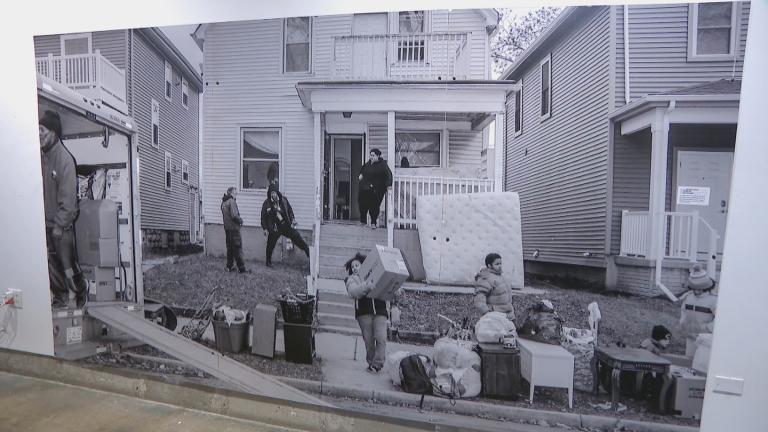By July 30, every public housing agency in the U.S. will need to have a smoke-free policy in place as required by the U.S. Department of Urban Housing and Development, or HUD.
Here are five things to know about the policy.
![]()
1. The final rule for smoke-free public housing was published in November 2016. In February 2017, HUD released a set of guidelines for each public housing authority on how to implement the policy.
2. According to the Centers for Disease Control and Prevention, HUD’s national smoke-free policy will save public housing agencies $153 million every year. That includes $94 million in secondhand smoke-related health care, $43 million in renovations and $16 million in smoking-related fires.
3. The American Lung Association – a longtime advocate of the policy – has been supporting the implementation process with smoke-free signs and training for “cessation navigators.” These are “people that are really engaged with the residents, and that have a heart for people and really want to guide them to a tobacco-free life,” said Michelle Hicks-Turner, manager of health promotions at the American Lung Association in Greater Chicago.
4. The rule will protect 62,000 residents in local housing agencies – and nearly two million Americans nationwide – from being exposed to secondhand smoke in their homes, according to the American Lung Association.
5. Low-income housing advocates have been vocal about possible negative consequences of the policy. Months prior to the rule’s publishing, the National Housing Law Project released a set of comments citing specific cases in which a smoke-free policy led to more evictions that in turn, brought on homelessness and housing instability – two important public health issues, according to NHLP.
“We support the goal of creating a smoke-free environments, we’re just worried that in trying to reach this laudable goal, a lot of very vulnerable people – elderly people and people with disabilities – are going to get evicted from the only decent housing they can afford,” said Lawrence Wood, director of the Housing Practice Group at LAF who signed onto the letter.
Hicks-Turner and Wood join us to discuss the pros and cons of the policy.
Note: This story will be updated with video following our Monday evening broadcast.
Related stories:
Emanuel on Term Limits, Chicago’s Affordable Housing Challenges
50 Years Since the Fair Housing Act, Segregation Persists
Rent Control in Chicago: The Cases For and Against It








